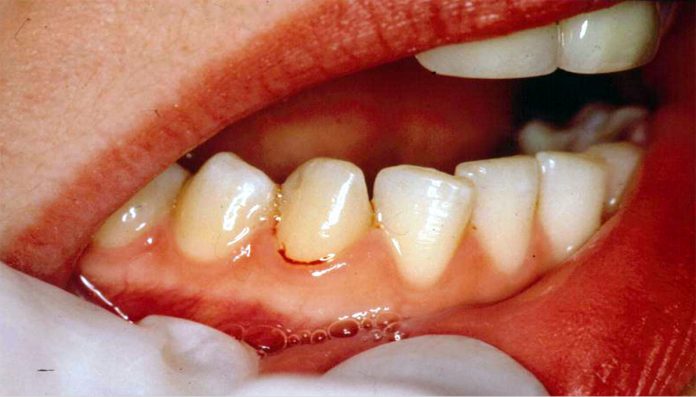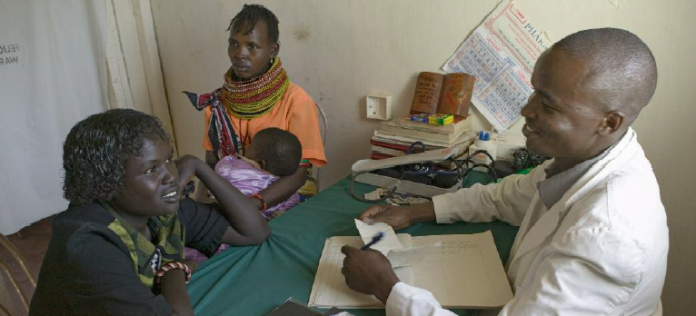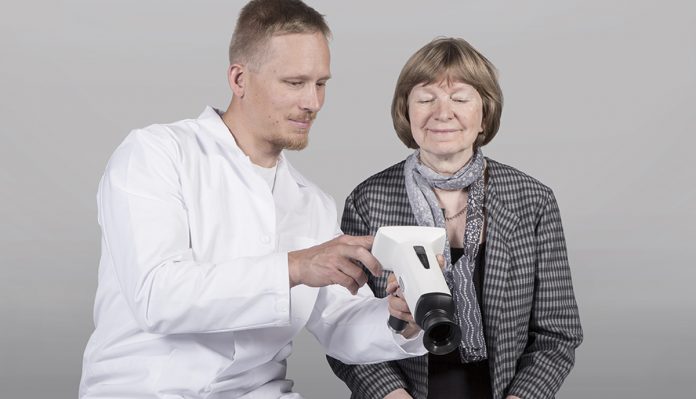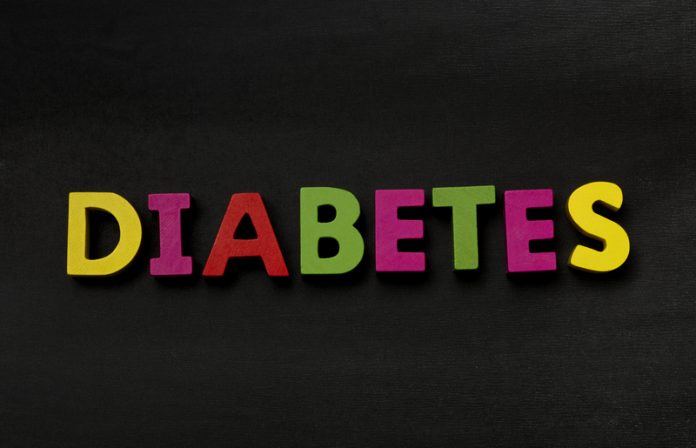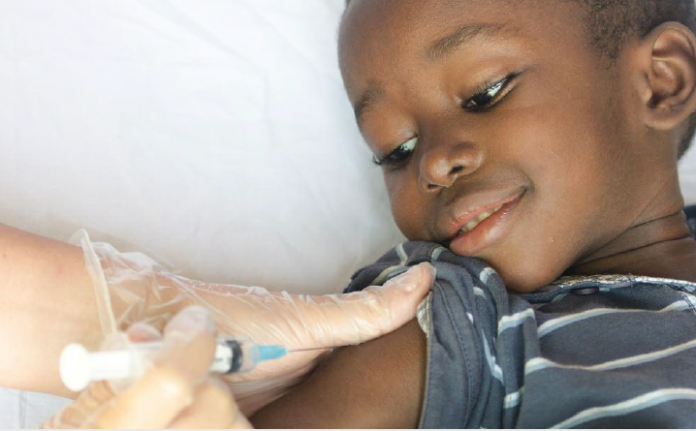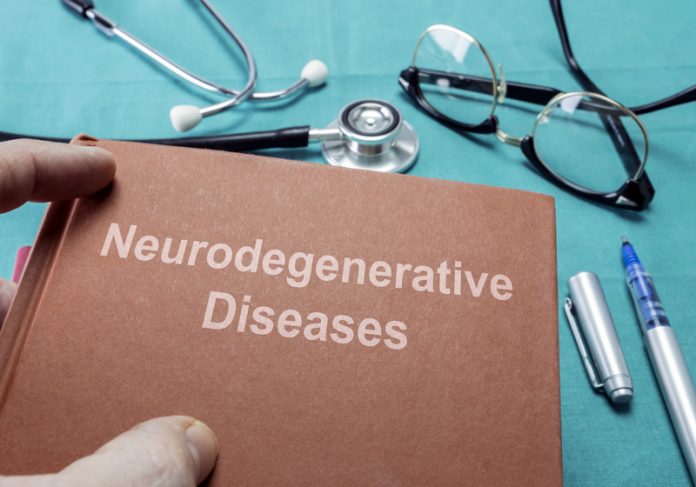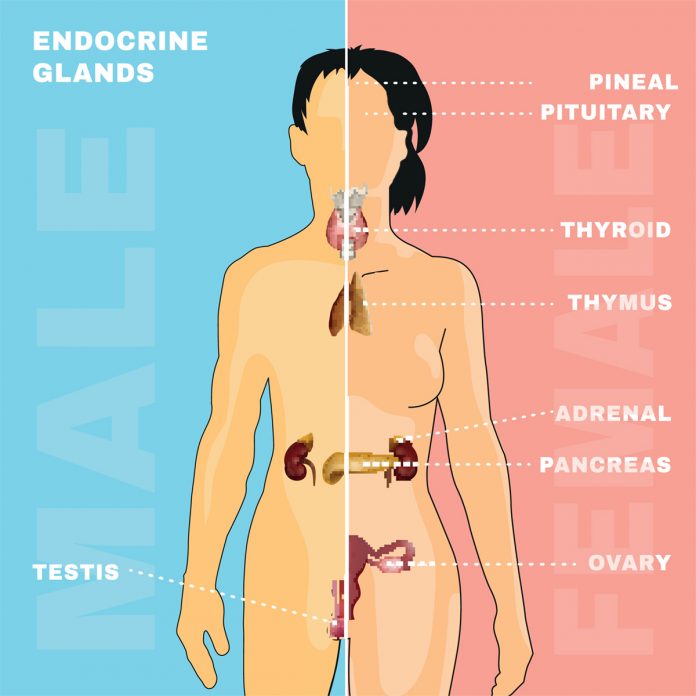Open Access Government produces compelling and informative news, publications, eBooks, and academic research articles for the public and private sector looking at health, diseases & conditions, workplace, research & innovation, digital transformation, government policy, environment, agriculture, energy, transport and more.
Home Search
diabetes - search results
If you're not happy with the results, please do another search
Bleeding gums: Sentinels of non-communicable diseases of ageing
Professor Iain Chapple from the University of Birmingham UK, explains the link between periodontitis and non-communicable diseases such as Type 2 diabetes
Tackling HIV in the African Region: Improving the health and well-being of people
The WHO Regional Office for Africa are tackling HIV in the African Region to improve the lives and wellbeing of people dealing with the disease.
Link between heart attacks and inflammatory bowel disease
Research indicates a strong role in the development of cardiovascular disease in patients with inflammatory bowel disease
How can we make eye screening services more available?
OPTOMED explains the importance of our sight and that many of us are not aware of the importance of systematic eye checks.
Diabetic retinopathy research and thioredoxin-interacting protein (TXNIP)
When it comes to the field of diabetic retinopathy research, Dr Lalit Pukhrambam at Wayne State University is exploring ways to prevent blinding eye diseases due to diabetes by targeting a protein called thioredoxin-interacting protein (TXNIP). Gene therapy is, therefore, a promising option
Alcoholic liver disease: why research is vital
Integrated research can help understand the physiological pathways of alcoholic liver disease, says Dr Shilpa Chokshi, of the Foundation for Liver Research
Sugar intake in children – more than just a weight issue
Sugar intake, particularly in children, is a hot topic in the media these days. However, government data suggests that children are still far exceeding the maximum recommended sugar consumption every day
Active couch potatoes are at risk of chronic health issues
Employees are wrongly assuming that keeping active during leisure time will protect them from the danger of sitting for long periods when working in an office, a new study has found
Fighting Endocrine Disrupting Chemicals (EDCs) in our water: Where to begin?
Mikael Khan, Director of Technology at Arvia Technology lifts the lid on Endocrine Disrupting Chemicals (EDCs) in our water supplies
Faster access to treatment and new technology for 500,000 patients
Patients could benefit from faster access to treatment under 2 new programmes. The programmes will identify treatment and new technology then speed up their uptake across the NHS
Innovating Healthcare – Embracing the Future
In this analysis, Hitachi’s outlines a detailed picture of patient engagement and the strain Type 2 diabetes has placed on today’s healthcare budgets.
PHE launch new physical activity resource for health professionals
Public Health England, Faculty of Sport and Exercise Medicine and Sport England have joined forces to release a new physical activity resource for professionals in the healthcare sector.
Biology research: The state of health of the gut microbiome
Hannah M. Wexler, Professor at the Greater Los Angeles VA Health Care System and UCLA School of Medicine gives a fascinating glimpse into biology research that focuses on the state of health of the gut microbiome
The impact of mental health and physical treatments on wellbeing
Sarah Bateup, Chief Clinical Officer at Ieso Digital Health, introduces the first in a two-part series of articles demonstrating how combining mental health treatments with physical treatments can have a positive effect on the overall wellbeing and outcomes for patients
Severe mental illness sufferers experience worse physical health
Public Health England have released a report which shows those suffering with severe mental illnesses experience worse physical health compared to the general population.
The priorities for tackling infectious diseases in Africa
In this interview, public health specialist Dr Wilfred Alexander Chalamira Nkhoma from the World Health Organization (WHO) Office for the Africa Region speaks to us about the priorities for tackling infectious diseases in Africa, with a particular focus on Tuberculosis (TB) and viral hepatitis.
Why thousands of people with asthma could be missing out on life-changing treatment
Asthma UK’s recent report explores the barriers to life-changing treatment for people with uncontrolled asthma, as Joe Farrington-Douglas, Head of Policy and External Affairs at Asthma UK explains.
Neurodegenerative disorders in the U.S.
The vital work of the National Institute on Deafness and Other Communication Disorders (NIDCD) and The National Institute of Neurological Disorders and Stroke (NINDS) are explored here by Open Access Government, with a special focus on neurodegenerative disorders.
The European Commission roadmap: Towards a More Comprehensive EU Framework on Endocrine Disruptors
Alberto Mantovani of Italy’s Istituto Superiore di Sanità assesses the European Commission’s efforts to develop a comprehensive and concise regulatory framework for endocrine-disrupting chemical substances.
Indoor air pollution: A silent epidemic
While most of us will not be able to see signs of pollution inside our homes, the air quality of indoor spaces is becoming worse as cars, power plants and construction projects continue to wreak their polluting havoc on UK cities

